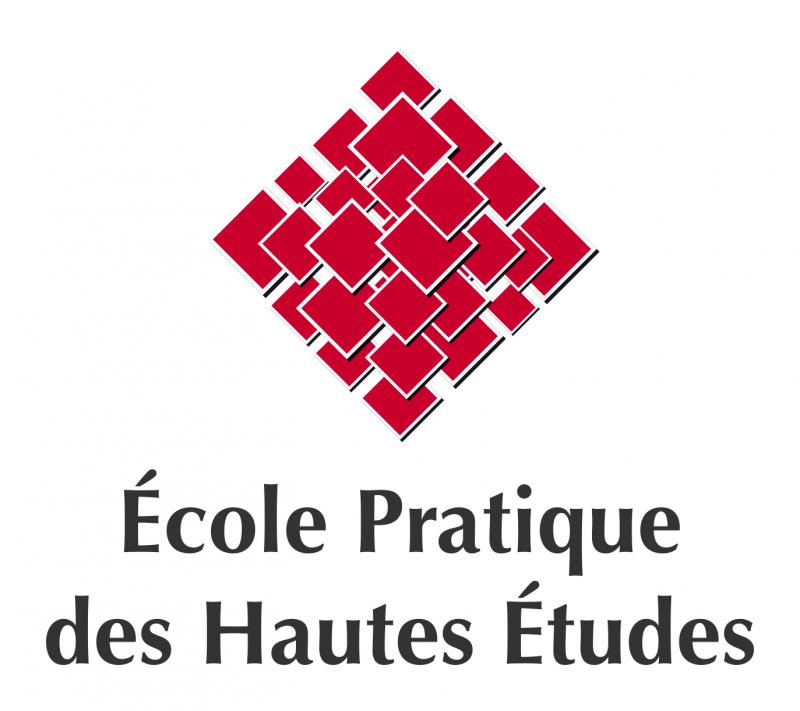Shark-based ecotourism has been recently expanding around the world. Provisioning sharks, however, is not
without risk and accidental bites on humans are regularly reported. Such events may jeopardise the shark
ecotourism industry and local economies. Through a case study from French Polynesia, I investigated whether
changes in feeding practices of lemon sharks between the early 1990s and 2013 are related to recent accidental
bites of divers. Hand-feeding, ‘smelling’ and surface feeding facilitated the development of agonistic behaviour in sharks, which resulted in accidental bites. The level of interaction between sharks and humans appears to be the most important driver for analysing bite-risk. This paper presents the very first framework for risk-analysis and will allow managers to better manage the risk associated with current practices in shark-feeding around the world. The paper also provides technical guidelines for the design of adequate legal frameworks that will support any sustainable shark feeding operation.


 English
English

Laisser un commentaire